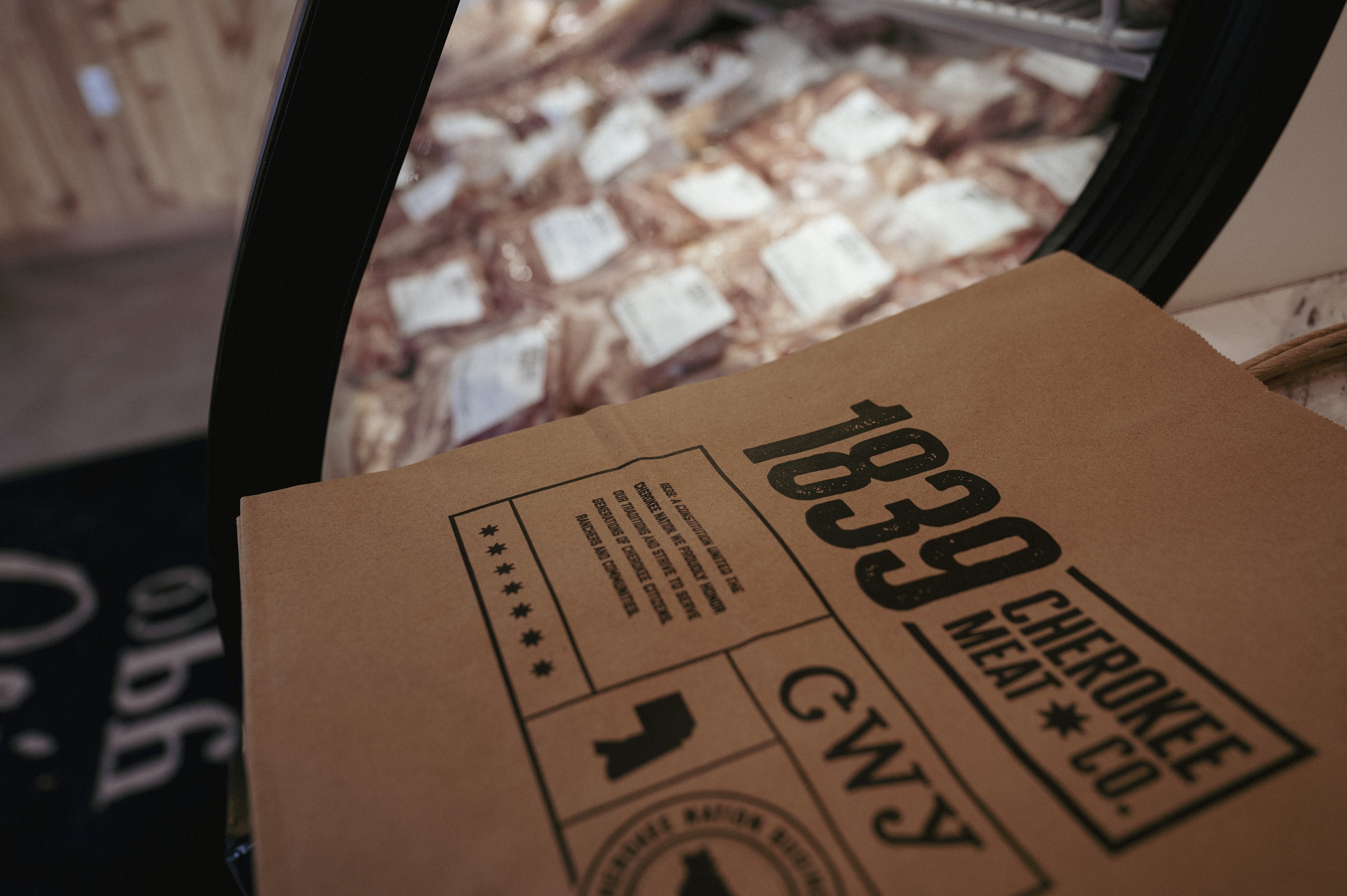
- Details
- By Chuck Hoskin Jr
Guest Opinion. Everyone deserves to know where their next meal is coming from. Unfortunately, millions of Americans still face food insecurity, which means they can’t always get enough nutritious food for their household. This can be an especially hard challenge for our elders and families with young children.
That’s where SNAP – the Supplemental Nutrition Assistance Program – comes in. SNAP provides lower-income households a monthly benefit to help meet their food needs. It’s not usually enough to pay for all of a family’s food budget, but it adds that little bit extra that can allow for a healthier diet.
In 2022, SNAP helped feed more than 42 million Americans, or 1 in 8. Across Indian Country, the need is even greater. SNAP is used by about 1 in 4 Native households. More than 408,000 Oklahoma families received SNAP benefits last year.
During the pandemic, the amount families receive from SNAP was increased to help get through that especially hard time, but this month it returned to pre-pandemic levels. Now thousands of families on our reservation in northeast Oklahoma must stretch their benefits that much further.
The pandemic emergency may be behind us, but the need for healthy foods is as strong as ever. Unhealthy diets are associated with many health issues that disproportionately affect Native Americans, including obesity, diabetes and high blood pressure. To avoid these dangerous conditions, families need foods that aren’t highly processed with a lot of added sugar and artificial ingredients. Unfortunately, healthier foods can be more expensive and harder to find in many areas.
That’s why Cherokee Nation is launching a new opportunity to help Cherokee families get fresh, healthy foods. The tribally owned and operated 1839 Cherokee Meat Co. has now become a SNAP retailer. This USDA-certified meat processing plant is an excellent new source of local, sustainable and healthy meat that is competitively priced.

On top of accepting SNAP cards, 1839 Cherokee Meat Co. will offer a 10% discount for all veterans, Cherokee Nation tribal citizens, and employees of Cherokee Nation and Cherokee Nation Businesses.
The mission of 1839 Cherokee Meat Co. is to provide food security for generations of Cherokee citizens while supporting ranchers and agricultural communities across Cherokee Nation. It also allows us to tap into the growing herds of bison and cattle owned by the tribe to provide fresh protein to citizens. Many of these products are also shared through our outstanding food distribution program.
Yes, food insecurity remains a significant challenge for Cherokee families, but this collaboration with the 1839 Cherokee Meat Co. will better provide fresh, healthy food options across the Cherokee Nation Reservation.
Chuck Hoskin, Jr. is the principal chief of the Cherokee Nation.
More Stories Like This
The Lie We Keep Telling About Wounded KneeAnother Weapon of Mass Destruction
Colorado cannot heal until it confronts Sand Creek honestly
Native American Mothers Deserve to Live
Technology Rooted in Tradition is Strengthening Cherokee Nation
Help us defend tribal sovereignty.
At Native News Online, our mission is rooted in telling the stories that strengthen sovereignty and uplift Indigenous voices — not just at year’s end, but every single day.
Because of your generosity last year, we were able to keep our reporters on the ground in tribal communities, at national gatherings and in the halls of Congress — covering the issues that matter most to Indian Country: sovereignty, culture, education, health and economic opportunity.
That support sustained us through a tough year in 2025. Now, as we look to the year ahead, we need your help right now to ensure warrior journalism remains strong — reporting that defends tribal sovereignty, amplifies Native truth, and holds power accountable.
 The stakes couldn't be higher. Your support keeps Native voices heard, Native stories told and Native sovereignty defended.
The stakes couldn't be higher. Your support keeps Native voices heard, Native stories told and Native sovereignty defended.
Stand with Warrior Journalism today.
Levi Rickert (Potawatomi), Editor & Publisher

